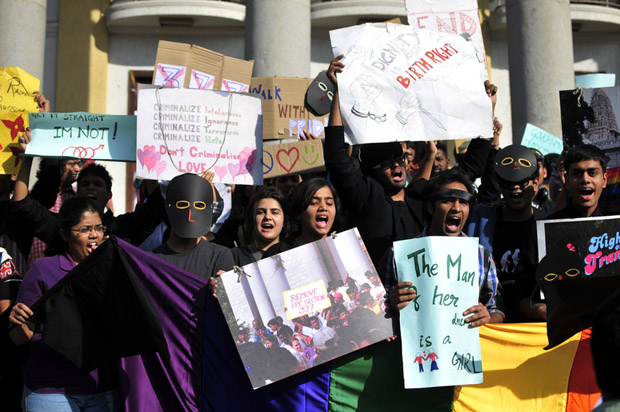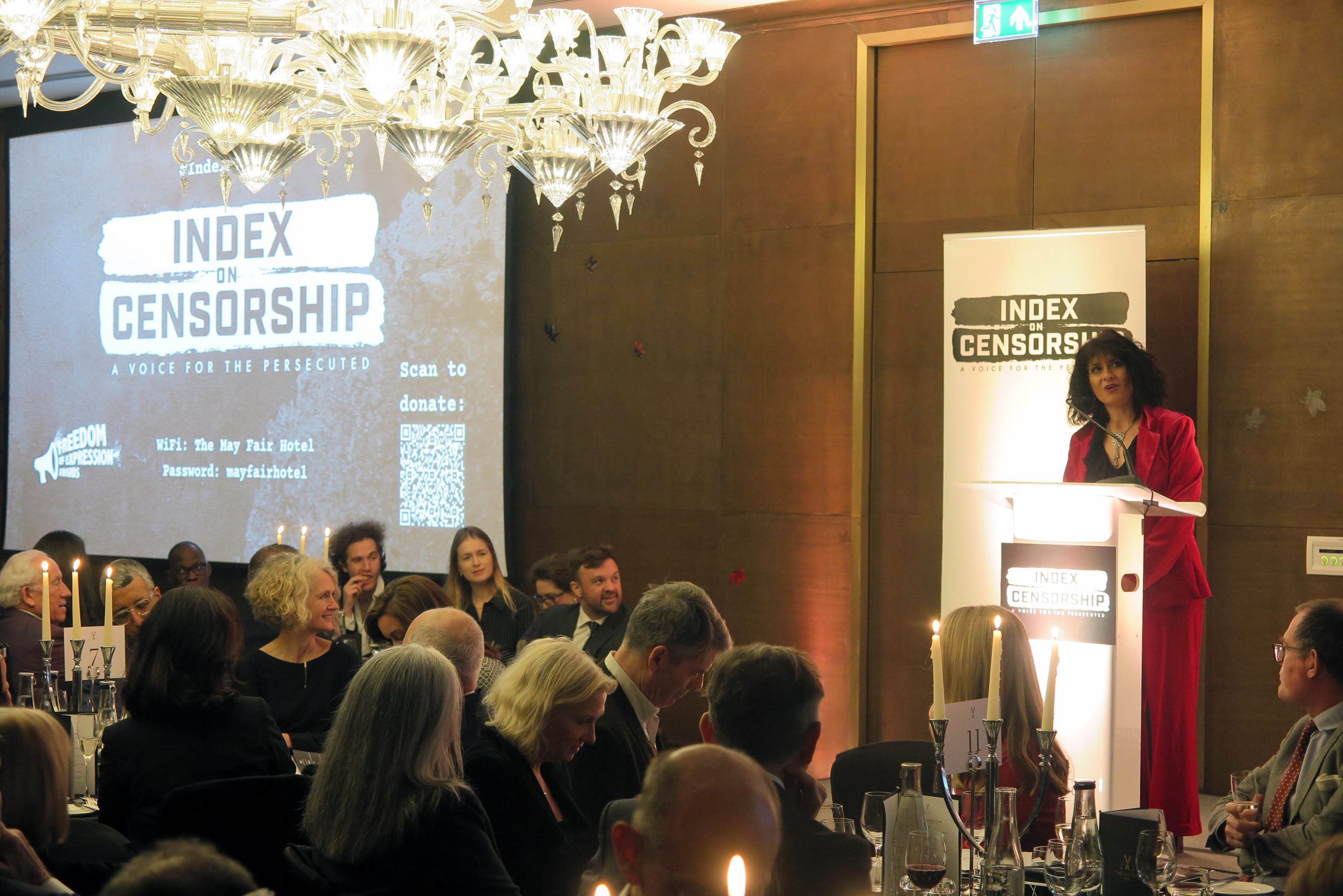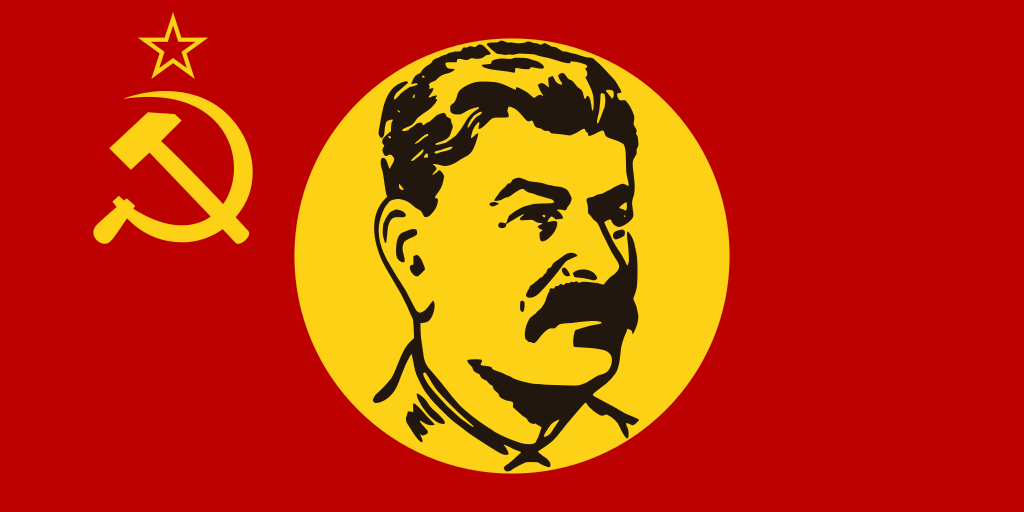
Gay rights activists chant slogans against a Supreme Court ruling criminalising gay sex in Bangalore, India (Image: Abhishek Chinnappa/Demotix)
A furor broke out in the Indian news media and social media on December 11, 2013, as news of a Supreme Court judgment made its way through the country. The court had upheld the constitutionality of Section 377 of the Indian Penal Code, which reads: “Unnatural offences — whoever voluntarily has carnal intercourse against the order of nature with any man, woman or animal, shall be punished with imprisonment for life, or with imprisonment of either description for a term which may extend to ten years, and shall also be liable to fine.” The Penal Code is a legacy of the rule of the United Kingdom, where homosexuality was made legal in 1967.
The section had been previously challenged by Naz Foundation, a NGO that works in the area of HIV and sexual health. In 2009, the Delhi High Court had ruled that the section was in violation of Acts 21, 14 and 15 of the Constitution of India, which protect citizen’s rights to personal liberty, equality, and from being discriminated against. Some of the arguments that swayed the Court essentially reasoned that 377 has been repeatedly used to abuse gay, LBGT [lesbian, gay, bisexual & transgender] and even health workers by authority figures, and by its very existence it allowed the gay community to be targeted and ostracized by society large. The logic was that even though Section 377 only focused on the ‘act’ of unnatural carnal behavior between men, women or men and women, essentially, due to their sexual activity, it is the gay community that had been unfairly targeted by it. The Court also felt that 377 did not need to cover ‘consensual sexual acts between adults on the ground of public morality’ and nor did it distinguish between the public and private sphere. Therefore, it concluded that public morality was different from constitutional morality, which the Section was in violation of.
What followed was jubilation from gay rights activists who thought that the judgment, though limited only to Delhi, was the start of a progressive new India that would possibly champion gay rights and their freedom of expression. “Homosexuality is not a crime!” screamed the headlines in India’s most popular English magazine, bringing a smile to India’s small LGBT population of about 25,00,000 people.
However, only days later the judgment was challenged in the Supreme Court, which has given its decision only 5 years later. In a huge setback to LGBT rights, the Court has upheld Section 377 as constitutional, thereby making homosexual intercourse illegal. The reasoning of the Supreme Court of India, in a nutshell, is that the language of the Section, while may seem unfair to a certain community, certainly does not single them out. In fact, the court feels that many other non consensual situations involving the ‘act’ but different parties like young children, men and women and so on, are protected by the Section. That it is misused by authorities does not make it unconstitutional. A final nail in the coffin was the Court’s reasoning that instead of erring on the side of judicial overreach, the Court would rather wait for Parliament to legislate the Section away. Its judgment read: “After the adoption of the IPC in 1950, around 30 amendments have been made to the statute, the most recent being in 2013 which specifically deals with sexual offences, a category to which Section 377 IPC belongs. The 172nd Law Commission Report specifically recommended deletion of that section and the issue has repeatedly come up for debate. However, the Legislature has chosen not to amend the law or revisit it. This shows that Parliament, which is undisputedly the representative body of the people of India has not thought it proper to delete the provision.” It ended up saying the abuse of this Section – “used to perpetrate harassment, blackmail and torture on certain persons, especially those belonging to the LGBT community” – might be a factor for the Legislature to weigh while considering amending Section 377.
Therefore, the Supreme Court has firmly put legislating back in the corner of the legislators, and in turn earned the wrath of a section of India’s middle class. In an article titled ‘Justice Denied’, commentator Pratap Bhanu Mehta has slammed the judgment writing, “But the court does not seem to realise that hiding behind Parliament’s omissions is not a neutral stance; it upholds the constitutionality of an evil law. In the name of deference to an assortment of petitioners, it gives aid and succour to the reactionary elements of a religion rather than its best exemplars… Even if it were upheld by Parliament, it would infringe on basic rights and possibly the basic structure. The court’s job is to take a stand on constitutionality. It did not do its job on the occasion that warranted it.”
The criticisms continue. In Kafila, Siddharth Narain has presented a detailed analysis of what he considers “narrow and blindfolded interpretation of the law, ignoring the momentous changes in society and notions of morality that India is witnessing.” Further, according to Narain, “the Court also said that there were ‘only 200 persons’ prosecuted under section 377 in the last 150 years, ignoring the fact that these are 200 recorded judgments of the High Courts and Supreme Court, which is only a fraction of the unreported cases at the trial level. Further this does not take into account the impact of having the law on the statute book, and the threat of use of the law, that LGBT persons face on an every day basis.”
Even the present government has jumped into the debate. The Finance Minister, P. Chidambaram has said that, “in 2013, to say everyone should have same sexual orientation is absurd,” and that the “government should file curative petition, ask for matter to be reviewed by bench of 5 judges.” Even the Congress President, Sonia Gandhi made a statement that, “Delhi High Court had wisely removed an archaic, unjust law… I hope the Parliament will address this issue and uphold the constitutional guarantee of life and liberty to all citizens of India, including those affected by this judgment.”
However, there are those who support the Supreme Court’s decision to put the onus on the legislators. Member of Parliament Rajeev Chandrasekhar thinks that, “the issue of legalising same sex relationships is best protected by a proper law in Parliament that explicitly protects these relationships and not be based on ‘interpretative’ of an old statute! The appeal of the High court decision was filed Muslim Law board, Christian clerics and a BJP MP who have opposed this and not the judge/Supreme Court!”
Meanwhile, social media in India is abuzz with people changing their profile pictures to black in solidarity of the LGBT community also has users putting up a picture kissing someone of the same sex, with the tag #gayforaday. Protests have been arranged in New Delhi and people have already started petitions and strategies to lobby parliamentarians to amend the Section to be reflective of a modern Indian society that gives even its sexual minorities the equality and dignity they deserve.
However, the sad truth is that with elections looming, political parties including the ruling Congress Party is unlikely to take up the issue in parliament. As a DNA news report explains, “there is no consensus within the Congress, party sources said, as it is aware that a step in favour of gay rights can increase its unpopularity as most of India, especially religious groups cutting across various religions, are totally against it and see it as a sin. There is also no denying the fact that gays and lesbians have a very thin population in India and no action in their favour will hardly reflect in the elections.” As news of the Supreme Court judgment broke, various religious parties and Godmen with huge followings rejoiced. Baba Ramdev, much in the news for his massive following and political ambitions declared upon hearing the verdict that, “the court has respected sentiments of millions of Indians by declaring homosexuality a crime.”




